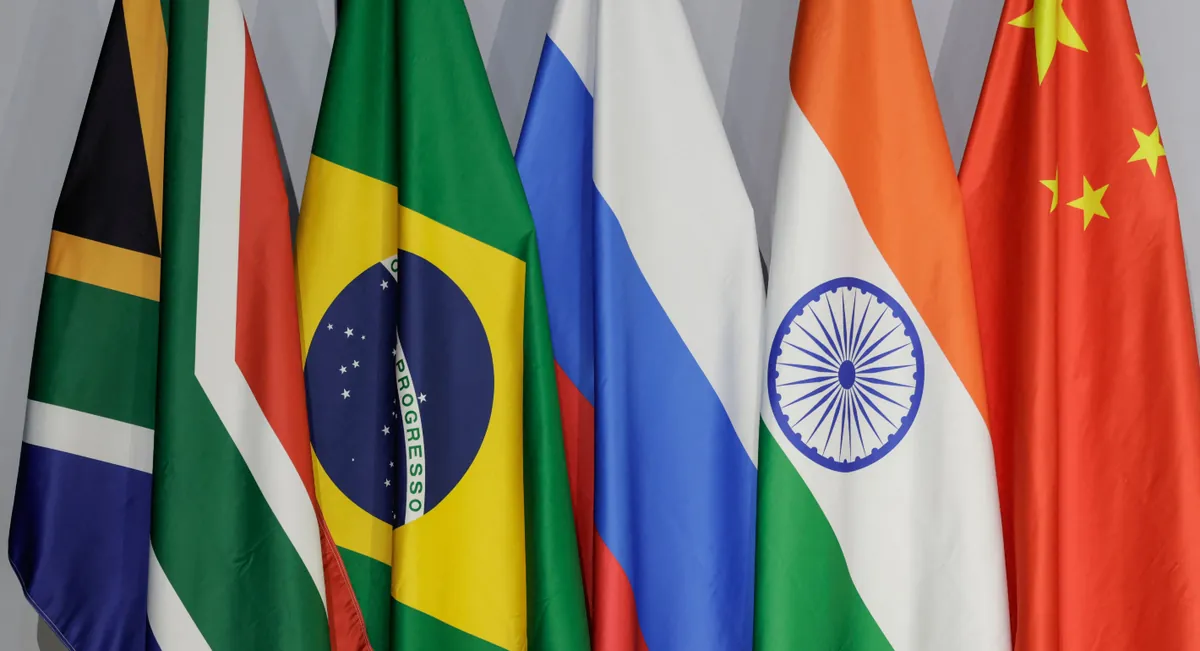Inside look: How global economic groups compete for world influence
Global economic groups fight for leadership as BRICS expands its membership and G20 seeks reforms. Major changes in world finance system could reshape how nations work together in coming years

At a recent BRICS gathering in Kazan Vladimir Putin made big statements‚ but the groups real power remains unclear. About two decades after Jim ONeill created the BRICS term at Goldman Sachs (South Africa joined around 15 years ago)‚ he doesnt see the group making real change
The Brics have done nothing to effect meaningful organisational or structural change within international institutions
The G20 which started in late 90s represents a different path - it includes about 85% of worlds GDP and most of global trade. Its shown success during the 2008 crisis; however its reforms move slow-paced which makes many countries un-happy
BRICS recently got bigger adding several new members:
- Argentina
- Egypt
- Ethiopia
- Iran
- UAE
China leads BRICS+ with more trade deals than G7 nations combined - this attracts over 40 countries wanting to join. Still the group has issues: its New Development Bank cant work right due to Russian sanctions and most lending stays in US dollars
The G20 might be better at fixing global money problems but needs three main changes: better rules for poor countries; focus on basic economic issues; and new ways of working. Brazil will lead G20 next month followed by South Africa and US in coming years. Without these changes BRICS ideas about new payment systems - which now seem far-fetched could become more real





























